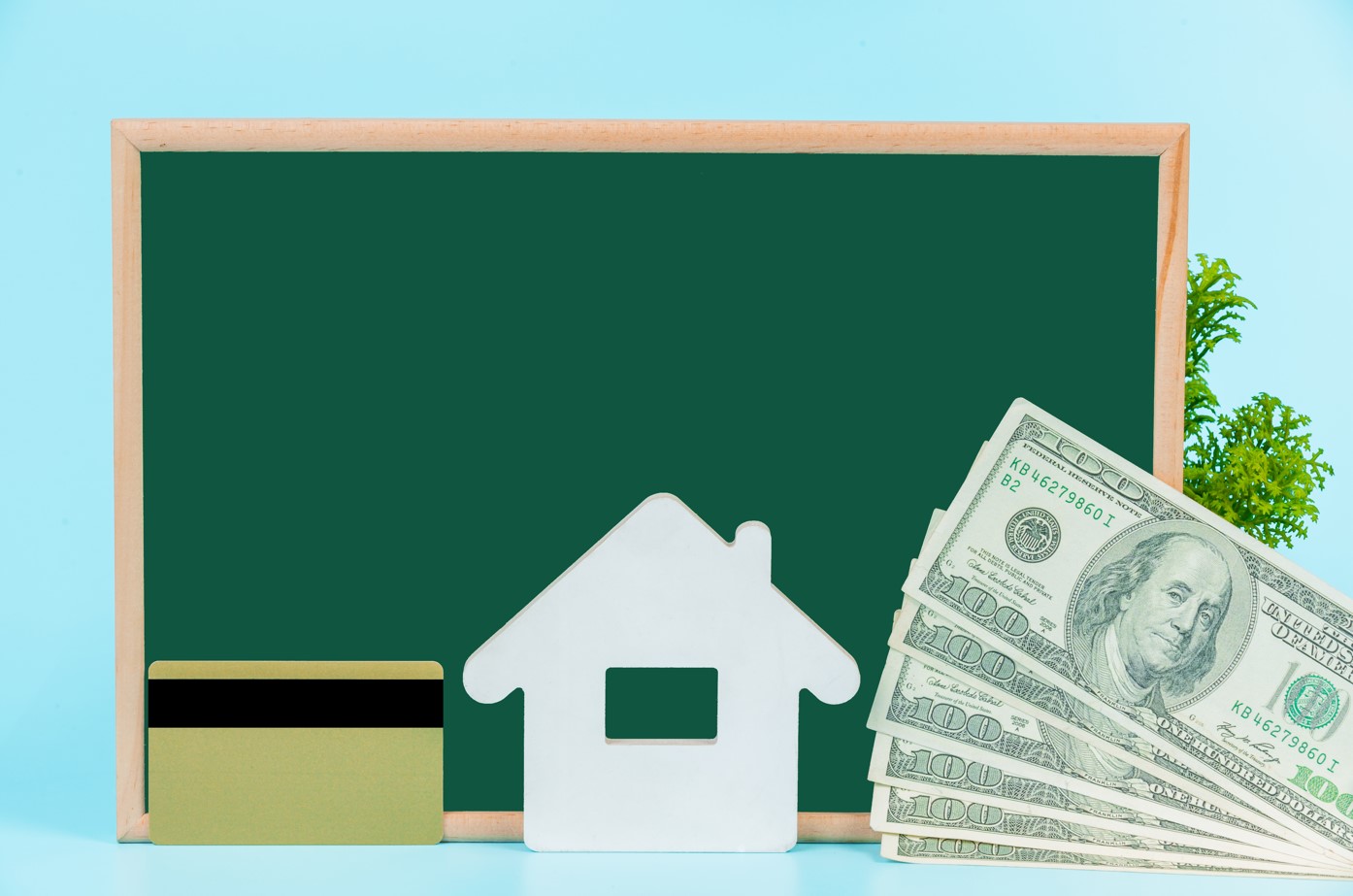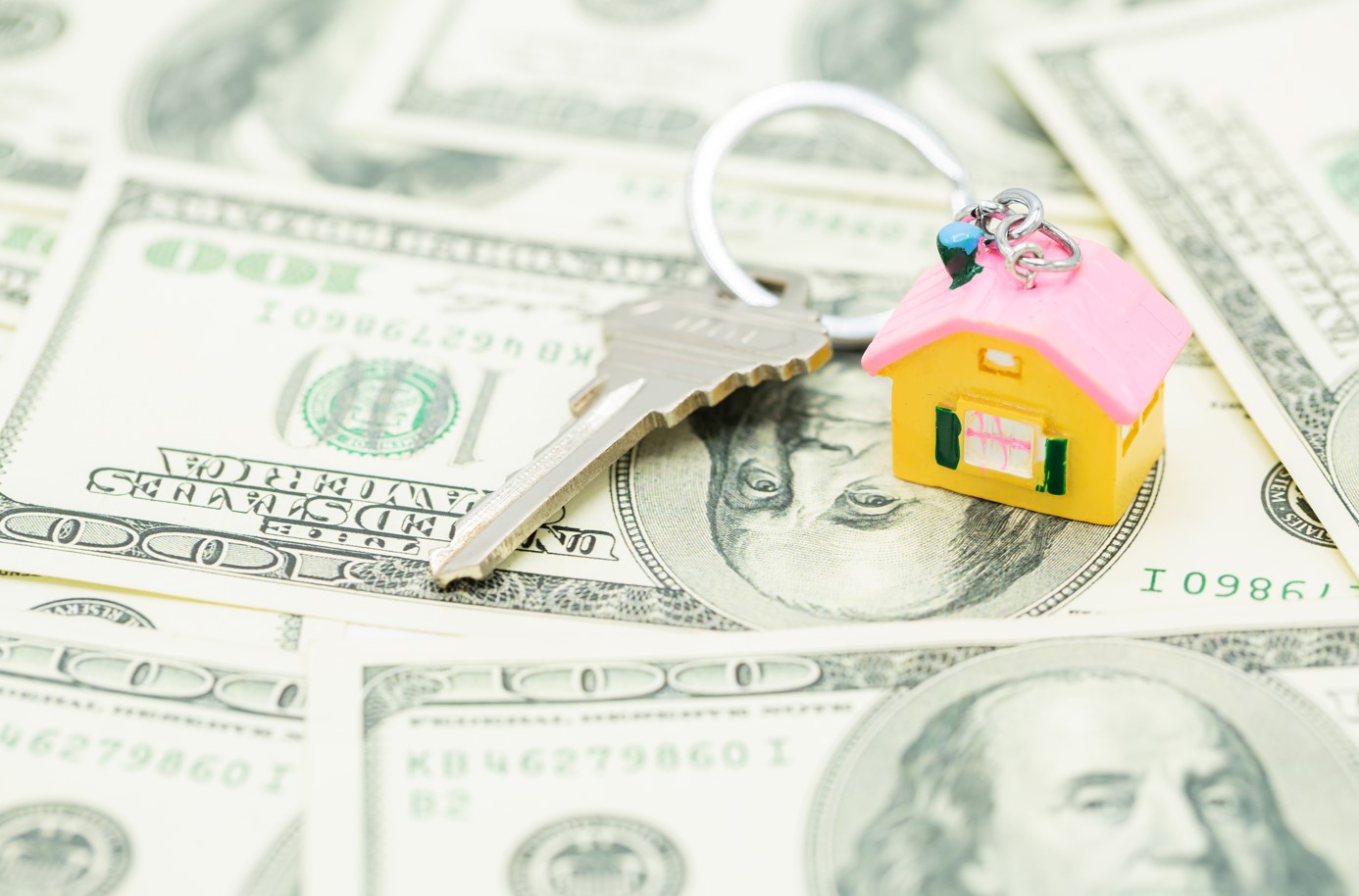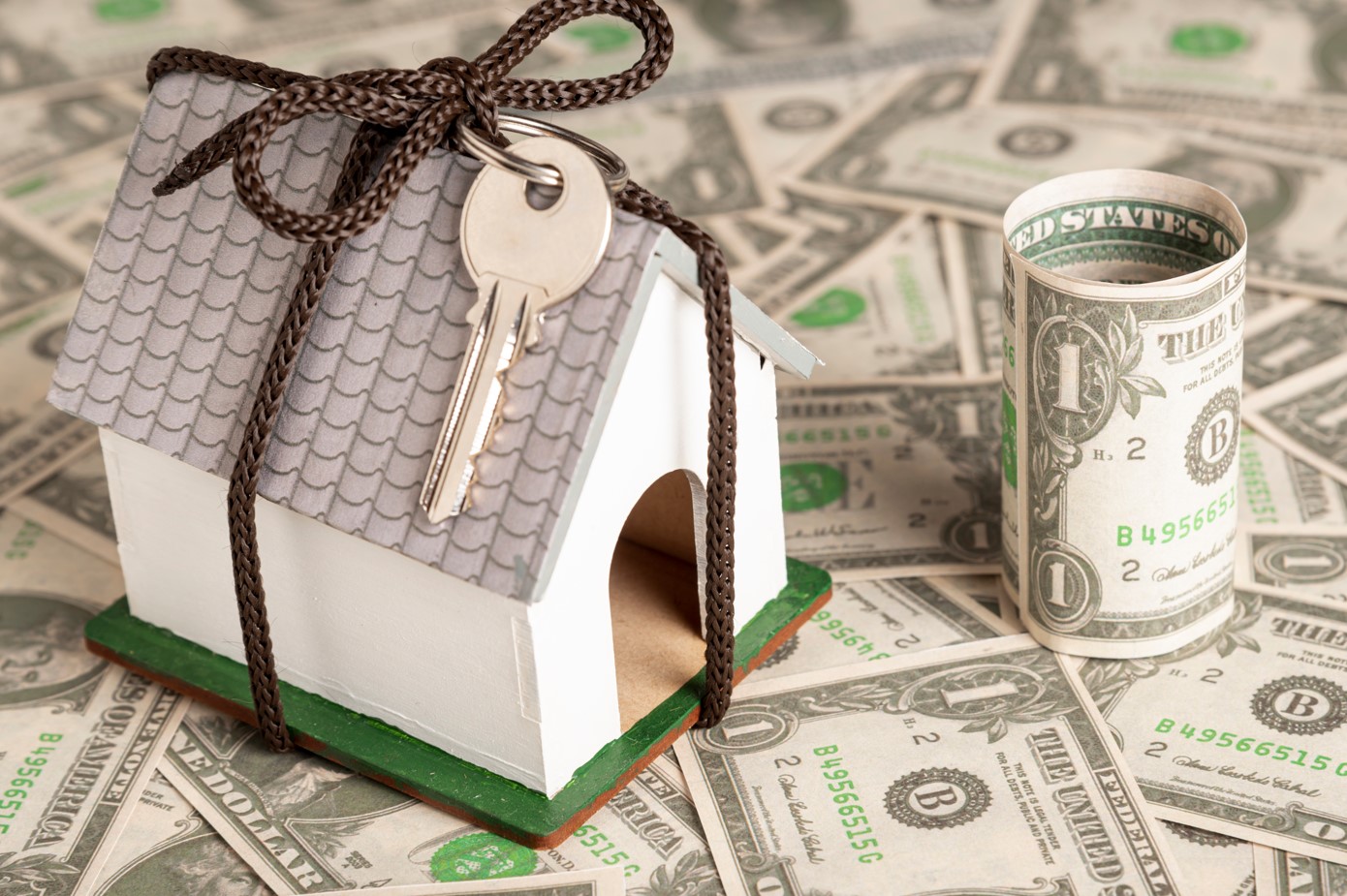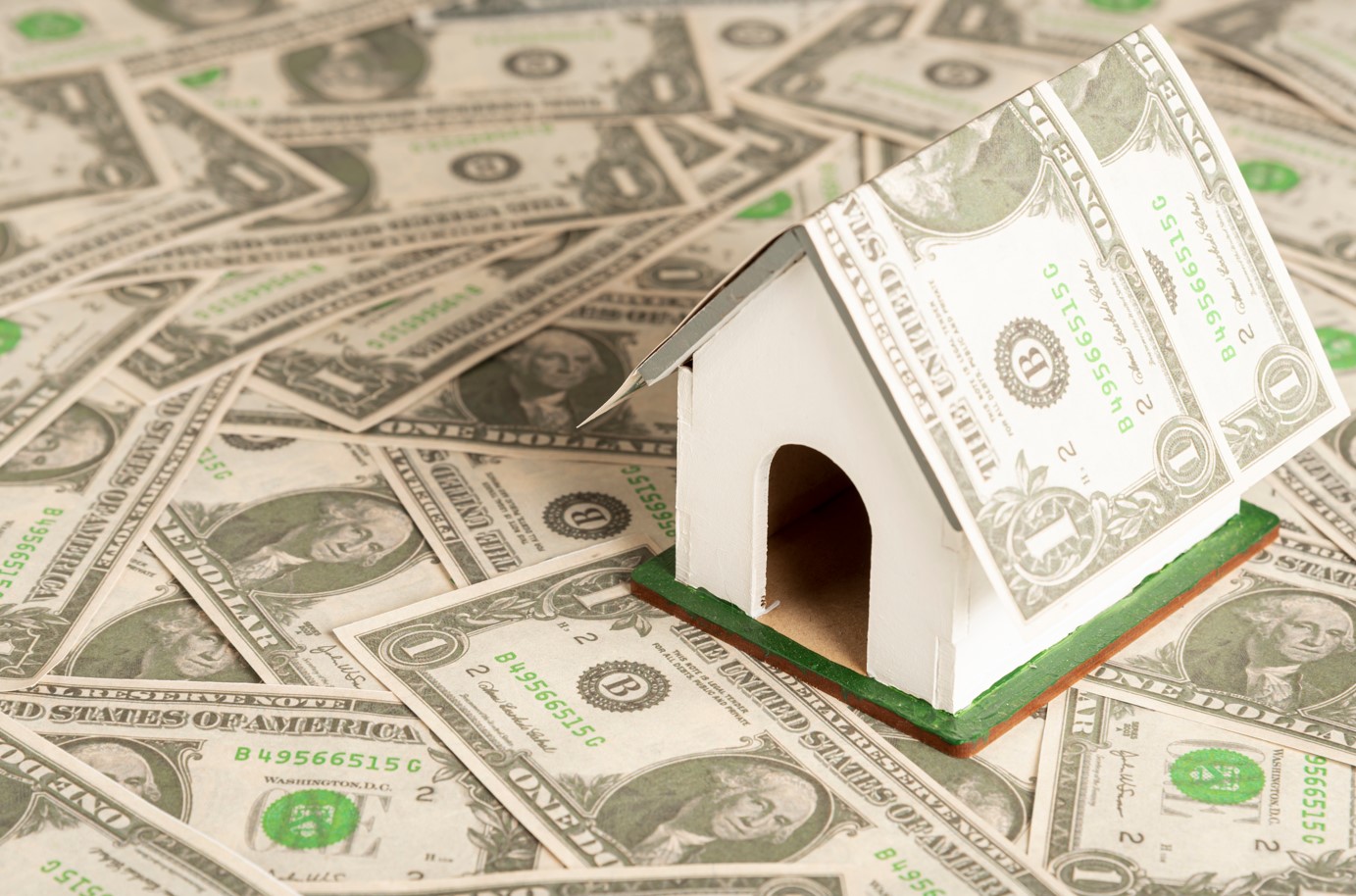Reasons Why You Should Not Ignore the Pros and Cons of Renting a House
Selling your house is a good decision if you close the deal with a great buyer. But, before you end up with a great buyer, you must know the entire process. Selling a house is not an easy task; deciding whether to sell the house takes a lot of patience and energy.
The answer to this question may differ from person to person; it depends on various factors, including your financial situation, job security, the housing market in your area, and your future plans. But the situation gets even more stressful when one cannot decide if they should sell the house or rent. This debate is old, and people often get confused when deciding between buying or renting a house. Both options have advantages and disadvantages.
With low-interest rates, buying a house has become easier for people; therefore, there are an increasing number of buyers. As a result, they are becoming more selective, which means that they are looking for houses that fit their specific needs, and they are not settling for anything less. So, if you want your house to sell quickly, it might be a good idea to put it on the market now.
Depending on your circumstances, when you decide to purchase a house, you can eventually build equity over time and, someday, own the property outright. Whereas, by renting, you’re given the flexibility you deserve and you can move to any of your favorite locations.
Again, the best option for you ultimately depends on your personal circumstances and needs.
Pros of Renting
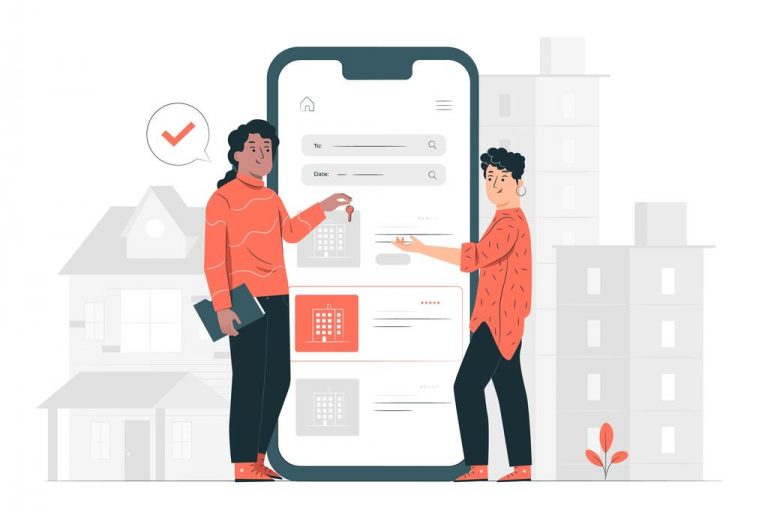
When you rent a house, you eliminate all the stress and worries. The landlord handles all the repairs and maintenance for you.
Renting a house also gives one the flexibility and independence to move if things change without being worried about selling a house.
For those who want to stay in their favorite area for some time, renting might be cheaper than buying a house.
Cons of Renting

The disadvantage of renting a house includes the inability to personalize the rental property; you cannot make any renovations or changes to the property, making it impossible to have the same level of control as you would have with your own house. .
Moreover, you may not have a fixed rent for an extended time. It can increase over time, which means it may leave you with a larger housing payment.
You never know when the owner asks you to move out so that they can sell the house.
And, potentially speaking, they may also ask you to leave if they decide to move in.
You may not have as much privacy as you would like since the landlord can enter the property anytime.
Finally, if something breaks in the house, it is up to the landlord to fix it, and you may have to wait for them to do so.
Pros of Owning a House

When you buy a house, you get the freedom to make changes according to your preferences without getting permission from a landlord.
Owning a house also allows you to build equity in your house with each mortgage payment, and if you ever need to sell your house, you will likely make a profit.
Additionally, homeownership can provide stability and a sense of community. Plus, owning a house can be a good investment, as property values typically increase over time.
Furthermore, you are free from the worries of your landlord increasing your rent.
Cons of Owning a House
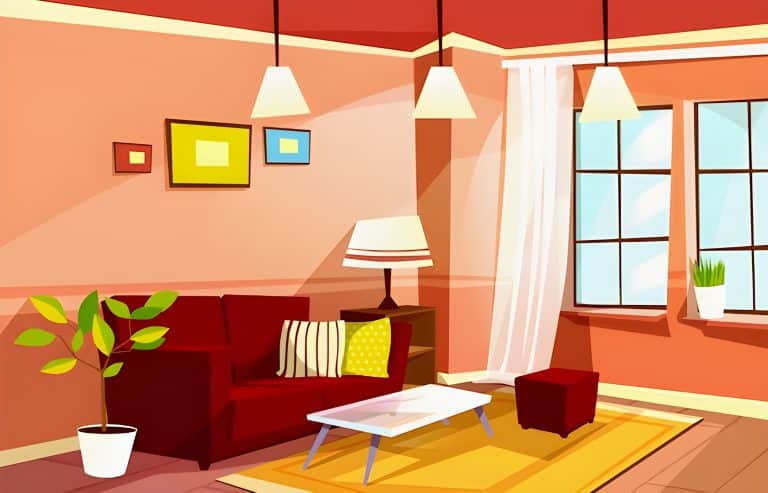
The problem with owning a house is the initial cost to purchase it, plus the never-ending maintenance and repair costs.
It would be best if you gave full time and effort to keep your house great and in good condition. So, things might get very challenging if you are someone who works on a full-time basis.
You may not get a quick deal if you try to sell your property.
You may be prone to the risk of negative equity if the property value decreases.
When Should I Sell My House?
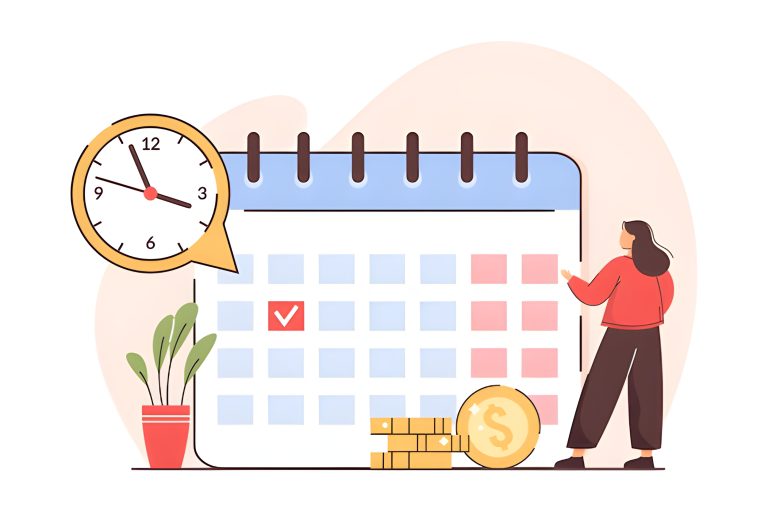
Based on your needs and situation, you may be forced to consider whether to sell your house. People primarily sell their houses when they need to relocate or downsize.
It may be beneficial for you to sell in a strong market, which is how you may be able to sell fast and make a significant profit. However, if the market is weak, it may take longer to sell your house, and you may have to accept a lower price. So, you have to consider the financial goals, if any, and then decide if you want to sell or not.
There are some situations where you cannot delay the decision to sell. Therefore, you should sell your house in those cases. Let us have a look at each of those situations;
You may sell your house when you need money from the sale to pay off debts or make a large purchase.
In cases where you can wait for the market to get better, or you want to keep the house as a property investment, selling later would be ideal.
The most common time to sell a house is in the spring, when buyers actively look for properties.
When the housing market is strong and has a high demand for houses, it is the best time to sell a house. In most markets, this is typically during the spring and summer months. However, there can be regional variations, so you must check with a real estate agent in your area to get the most accurate advice.
Efforts to Make to Sell Your House Fast
You can take the following steps to sell your house fast.
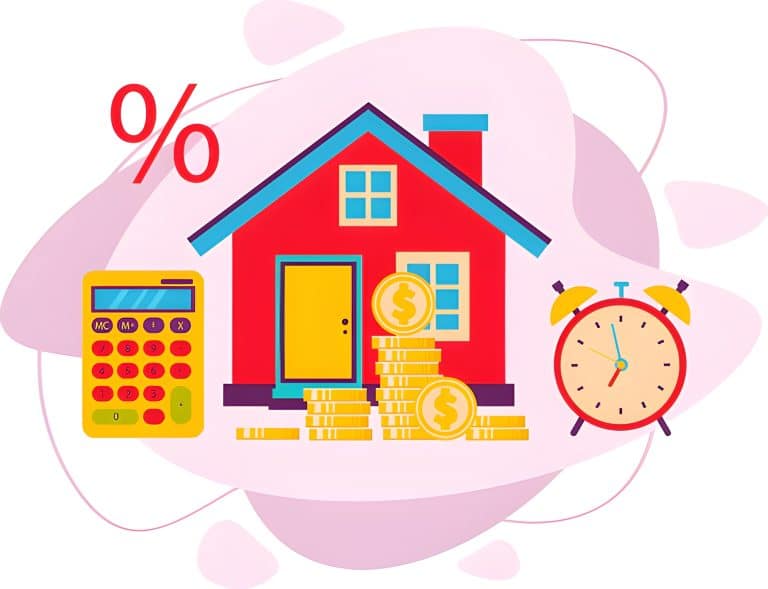
1. Declutter and stage your house
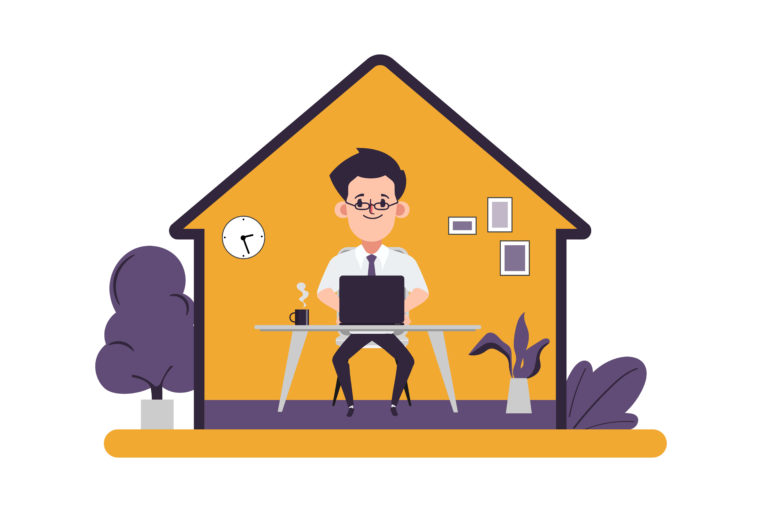
Start decluttering your house to make your house more appealing to potential buyers. You can clear and free each room of clutter by removing every single unnecessary item. Once you finish decluttering, you can then begin to stage your house. A professional can help you prepare your house for sale.
2. Price competitively.
Setting the right price for your house is necessary, but you also want to sell your house quickly. How do you strike the right balance? The key is to price competitively. You don’t want to lowball your price and leave money on the table. But you also don’t want to overprice your house and risk it sitting on the market for months.
3. Market effectively.
When you intend to sell your house, you want to do everything you can to sell it fast. There are several ways to market your house, but some of the most effective ways include online listings, open houses, and word-of-mouth.
You’ll need to ensure potential buyers know your house is on the market and that it’s a great option. You can sell your house for top dollar if you use the right marketing strategy.
Other necessary steps to make your house attractive include; power washing the siding, trimming the lawn, and painting the front door.
How Do I Find the Best Rental House?
Before you decide to rent a house, you must be aware of a few things; it is essential to assess your budget because you will have to pay the rent. Then, you can start looking at different houses in your price range.
Once you’ve found a few you like, you’ll want to visit them and see if they’re the right fit. You should be able to find the ideal house to rent with a little effort.
What Portion of My Income Should I Set Aside for Rent?
Several factors determine how much money you should set aside, including your rental payment, the cost of living in your area, and other financial obligations. A good rule is not to spend more than 30% of your income on rent. This will allow you to cover all your other expenses while still having money left over for savings or other goals.
Ways to Reduce Rental Stress
Renting a house is a necessary evil for many people; it’s a roof over your head, but it can also be a source of stress and anxiety. The entire process of shopping around for a suitable apartment is stressful, but it doesn’t have to be! You can reduce stress and find the perfect place to live if you take the time to look for a suitable place. If you’re looking for ways to avoid rental stress and lower your rent, the following ideas can help in finding the best house:
4. Get to know your landlord or property manager, which is paramount as a renter. This can help reduce stress and make the rental process go more smoothly. Here are some tips for getting to know your landlord or property manager:
1. Schedule a meeting.
If possible, schedule a meeting with your landlord or property manager. This will allow you to introduce yourself and ask any questions you may have.
2. Be proactive about maintenance and repairs
As a renter, it’s essential to be proactive about maintenance and repairs. You can avoid stress and potential problems down the road by keeping on top of things. Plus, it’s always better to be proactive than reactive! Here are some tips for being proactive about maintenance and repairs:
- Inspect your rental regularly and report any problems to your landlord right away.
- If you notice any minor issues, try to fix them yourself.
You can contact us if you are confused about which decision to make. We are more than happy to help you with our team of professionals.
Conclusion
Selling a house is not an easy task; deciding whether to sell the house takes a lot of patience and energy. Whether to buy a house or rent one, the answer to this question may differ from person to person; it depends on various factors, including your financial situation, job security, the housing market in your area, and your future plans.
Depending on your circumstances, when you decide to purchase a house, you can eventually build equity over time and, someday, own the property outright. Whereas, by renting, you’re given the flexibility you deserve and you can move to any of your favorite locations.
If you remain in a situation where you don’t know what to do, you may contact our friendly team today if you’re ready to experience the benefits of a hassle-free home sale. At Selling.House, we’re here to answer your questions, provide a fair cash offer, and help you get your money quickly.
Choose a straightforward and efficient path to selling your house – choose Selling.House and experience the ease and reliability of a cash home buyer.



